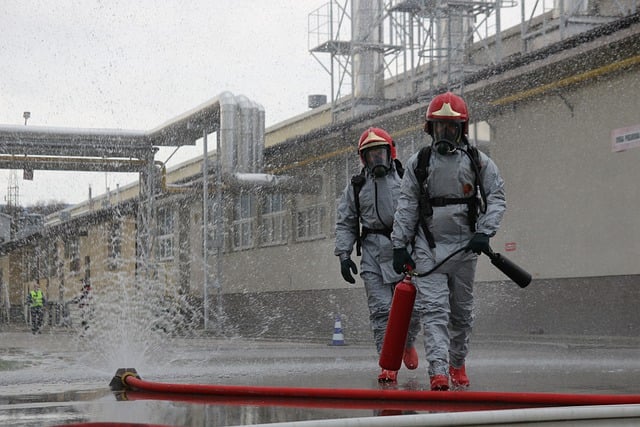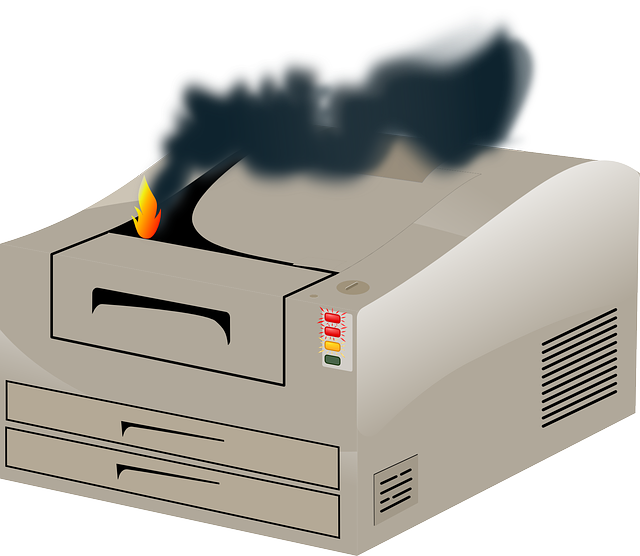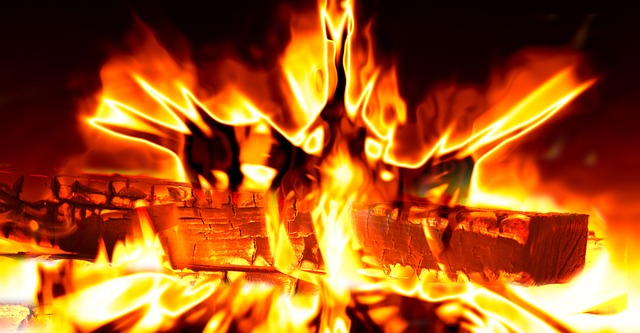Selling a fire-damaged house in Chicago requires strategic planning and transparency due to the competitive real estate market and strict building codes. Homeowners must assess repair costs, disclose known issues accurately, and market their property as an "as-is" renovation project to attract investors who appreciate potential returns or buyers seeking quick transactions. Consulting a real estate attorney is essential for legal compliance regarding defect disclosures, while strategic marketing emphasizing the property's transformative potential can lead to a successful sale.
“In the competitive Chicago real estate market, understanding ‘as-is’ home sales is crucial for both sellers and buyers. This comprehensive guide explores the unique challenges and opportunities presented by selling fire-damaged properties in Chicago. From assessing property value impacts to navigating legal disclosures and effective marketing strategies, we provide an in-depth look at the process. Learn how to successfully sell a fire-damaged home in Chicago, ensuring transparency and attracting discerning buyers.”
- Understanding As-Is Home Sales: A Chicago Perspective
- The Impact of Fire Damage on Property Value in Chicago
- Navigating the Process of Selling a Fire-Damaged Home
- Legal Considerations and Disclosures for Sellers in Chicago
- Marketing Strategies to Attract Buyers for As-Is Properties
Understanding As-Is Home Sales: A Chicago Perspective

In Chicago, as-is home sales have become a notable segment of the real estate market. This type of sale typically involves properties that may require repairs or renovations before they can be inhabited comfortably. As-is sales are particularly common for homes that have experienced issues such as fire damage in Chicago, where homeowners might opt to sell quickly due to time constraints and financial pressures.
Understanding an as-is home sale means acknowledging the buyer’s responsibility to assess the property’s condition and plan for necessary repairs or renovations post-purchase. This is especially relevant when dealing with a sold fire-damaged house in Chicago. While the seller discloses known issues, buyers are expected to conduct thorough inspections to avoid unexpected expenses. Such sales can be attractive to investors or buyers seeking renovation projects, offering opportunities for significant returns after rehabilitating the properties.
The Impact of Fire Damage on Property Value in Chicago

Fire damage can significantly impact property values, and this is especially true in Chicago’s competitive real estate market. When a home suffers from fire harm, it often leads to lower sales prices and longer days on the market. Buyers typically view fire-damaged properties as high-risk investments due to the potential for hidden structural issues or the cost of repairs. The extent of damage plays a crucial role; minor fires may only deter buyers, while severe incidents can render a property unsellable without substantial renovations.
Chicago’s strict building codes and insurance requirements further complicate matters. Rebuilding after a fire might involve significant costs, and the process could take months or even years to complete. During this time, the property remains uninhabitable, reducing its appeal to potential buyers. Therefore, selling a fire-damaged house in Chicago requires careful consideration of these factors to attract buyers willing to overlook the initial damage and trust in the potential for a worthy renovation.
Navigating the Process of Selling a Fire-Damaged Home

Selling a fire-damaged home in Chicago can be a complex process, but with the right approach, it’s possible to navigate this challenging situation successfully. The first step is to assess the extent of the damage and understand the repair costs involved. Homeowners should consult with professionals who can provide detailed estimates for restoration work, ensuring they have accurate information when making decisions.
Once the scope of repairs is clear, homeowners can begin marketing their property. Highlighting that the home is being sold as-is, and disclosing any fire damage, is crucial for transparency. Effective communication about the unique aspects of the sale can attract buyers who appreciate the potential for renovation or understand the value of a quick transaction. This approach ensures a smoother selling process in Chicago’s competitive real estate market.
Legal Considerations and Disclosures for Sellers in Chicago

When considering a sale for a property that has experienced fire damage in Chicago, sellers must be aware of several legal considerations and disclosure requirements. In Illinois, including Chicago, real estate transactions are strictly regulated to protect buyers and ensure transparency. Sellers must provide comprehensive information about any material defects or previous damages to the property, including structural issues caused by fires. Failure to disclose such information could lead to legal consequences post-sale, as buyers may file suit for misrepresentation.
For a sell fire damage house Chicago, it’s crucial to consult with a real estate attorney who specializes in these matters. They can guide sellers on preparing accurate disclosures and ensuring compliance with local laws. This includes detailing the extent of the fire damage, any repairs made or planned, and potential hidden issues that could affect the structure or safety of the home. Proper legal disclosures are essential to facilitating a smooth sale and protecting both the seller’s and buyer’s interests.
Marketing Strategies to Attract Buyers for As-Is Properties

When it comes to selling a fire-damaged home in Chicago, effective marketing strategies are key to attracting buyers who understand the potential for renovation. Highlighting the property’s unique charm and untapped value is essential. Real estate agents can emphasize the ‘as-is’ nature of these homes, appealing to buyers seeking a project or a bargain. Using compelling visuals that showcase both the current state and the post-renovation possibilities can be a powerful tool.
Social media platforms, targeted online ads, and local community groups are excellent channels to reach potential buyers interested in fixing up properties. Sharing before-and-after renovation ideas and success stories of similar homes can spark curiosity and motivate viewers to consider purchasing an ‘as-is’ home. Additionally, providing transparent information about the fire damage, any necessary repairs, and the potential for tax benefits related to rehabilitation projects will appeal to buyers who embrace the challenge of transforming a space.
Selling a fire-damaged home in Chicago can be a complex process, but understanding the local market dynamics and legal requirements is key. From navigating property value assessments after fire damage to implementing effective marketing strategies for as-is properties, sellers must be well-informed. By following best practices and ensuring full disclosures, selling a fire-damaged home in Chicago can lead to successful transactions, providing relief and new opportunities for both sellers and buyers alike. Remember, when it comes to selling a fire-damaged house in Chicago, knowledge is power.






